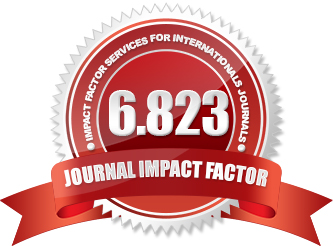The Therapeutic Power of Memory Recollection in Toni Morrison and Caryl Phyllips’ Neo-Slave Narratives
DOI:
https://doi.org/10.51699/pjcle.v6i.54Keywords:
memory, trauma, recovery, black, healingAbstract
This paper seeks to examine the process which allows black slaves to get relieved from the trauma of slavery. While focusing on Toni Morrison’s neo-slave narrative, namely Beloved, Paradise, Jazz and A Mercy; and Caryl Phillips’ Higher Ground, Crossing the River, Cambridge and The Nature of Blood, the paper aims to demonstrate how slave victims uncover and recover the their trauma and how this helps them heal. The analysis of the novels under study is based on the assumption that by recounting their experiences through memory the slaves are relieved. Memory recovery takes place through a constant shift from present to past both in the characters’ psyche and in the narrative. Psychoanalysis is used as the theoretical framework. From the analysis of the texts, memory recovery which enables the characters to construct their history is also a process that has a positive effect on their fragmented psychology: it heals them from their neurosis. It is a form of therapy to their psychosis. In this sense, black slaves’ process of storytelling becomes not only effective in relieving them from their traumatic past, but it also constitutes a prerequisite for their identity construction.






